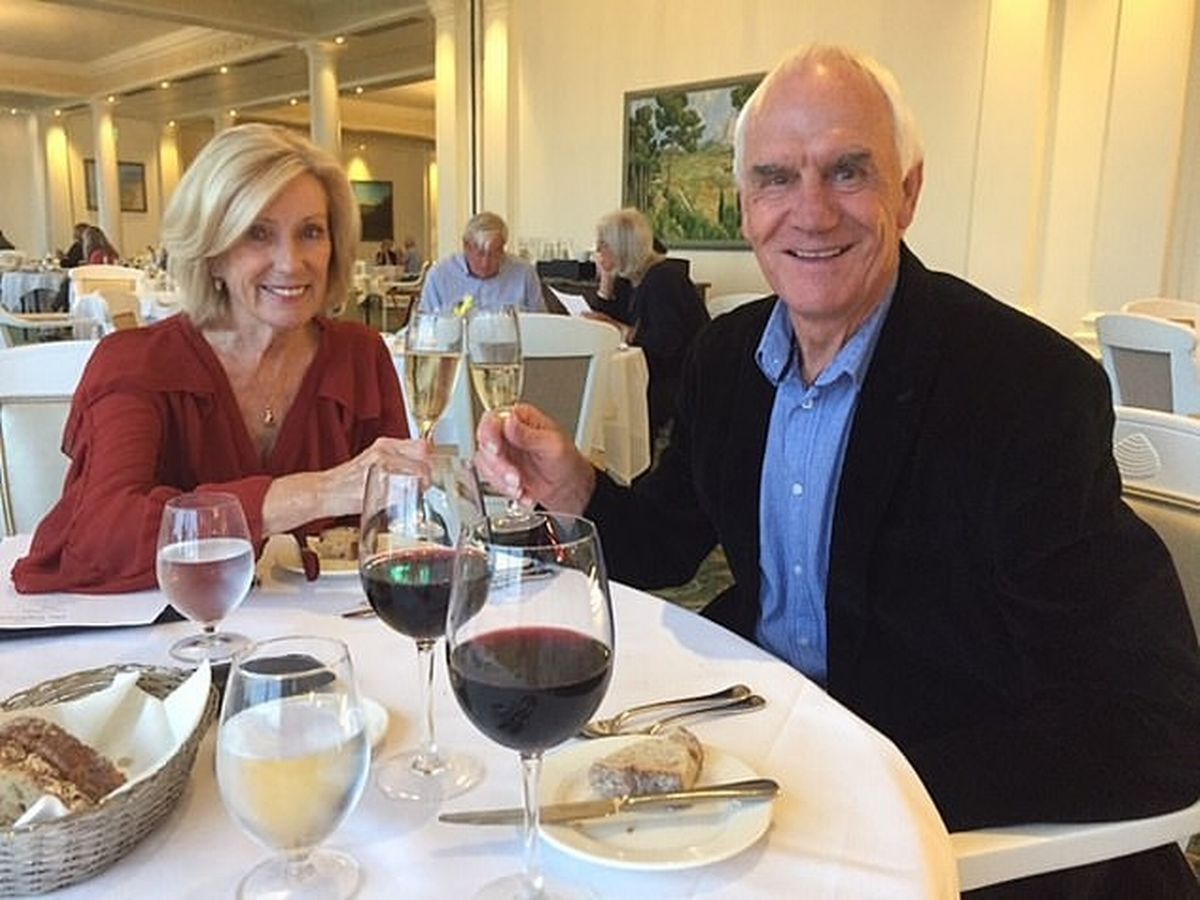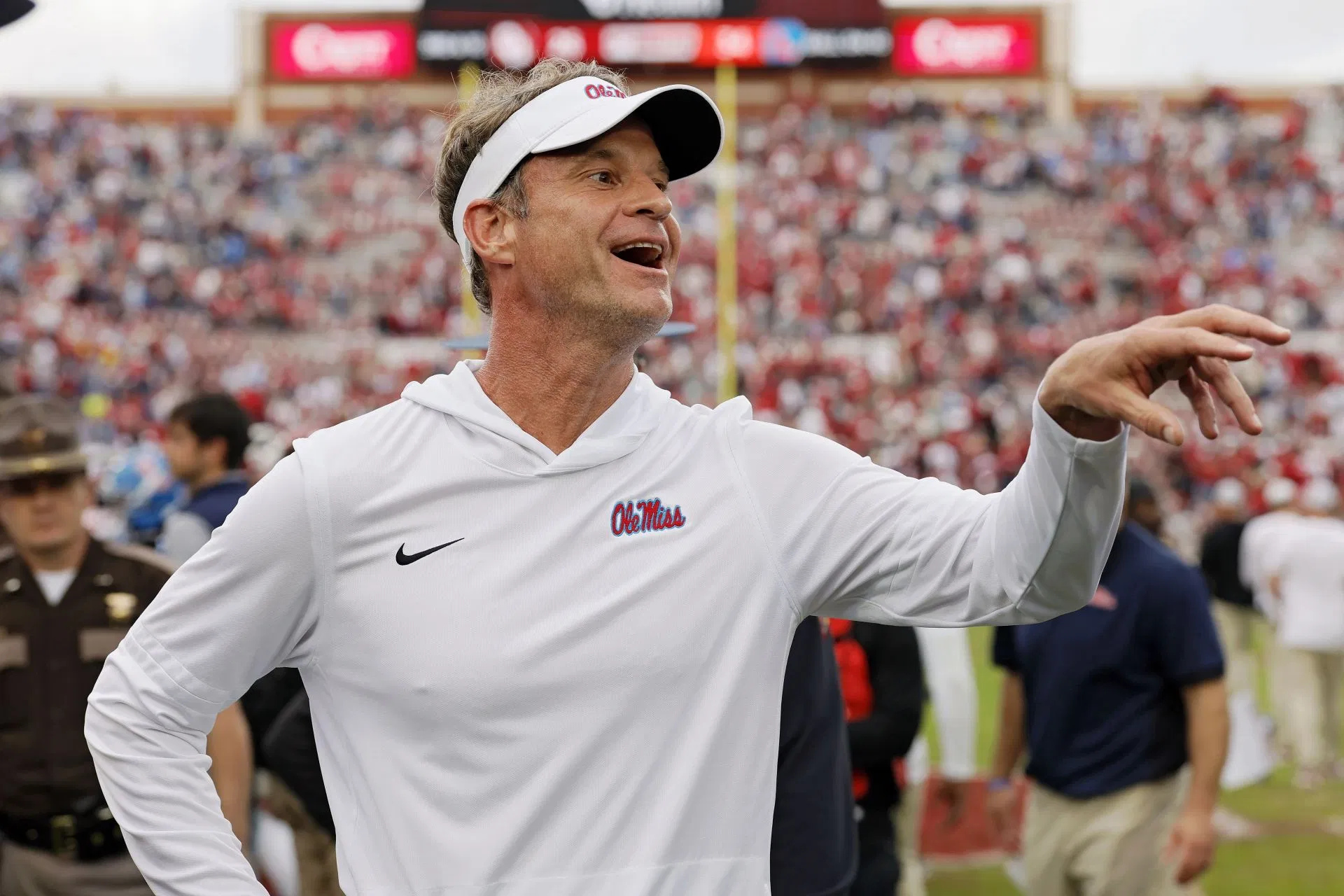Copyright mirror

A former England star has won a crucial victory in his fight to have brain condition recognised as an 'industrial' injury. Dave Watson, 78, has a neurological condition which he believes is linked to heading the ball during his playing career. He is now living with what is believed to be Alzheimer’s and chronic traumatic encephalopathy, known as CTE. His legal team say his claims are a test case for generations of professional footballers past and present. Others have told of their premature battles with dementia . He fell at the first hurdle when the Department for Work and Pensions ( DWP ) rejected his initial claim for industrial injury benefits. But an appeal overturned the previous ruling today. David’s case will now be sent back to a First Tier Tribunal to be reconsidered. His wife Penny Watson said: “David gave everything to football, and he has paid a heavy price. "We are relieved that the court has recognised that his injuries must be taken seriously and that his case deserves a proper hearing. This is not just about David, it is about all the players and families who are living with the consequences of head injuries. "We just want fairness and recognition for what they have gone through.” David spent more than a decade at the top of English football in the 1970s and 80s. His legal team argued that his condition is the direct result of countless collisions, headers and impacts suffered in training and matches. A former England captain, the once towering centre half is one of many former players living with dementia and related conditions linked to head trauma. The Professional Footballers’ Association (PFA) is supporting David and others in a similar position. Dr Adam White, Director of Brain Health at the PFA, paid tribute to the 'remarkable strength' of David and Penny in pursuing the case. He added: "It is so important there is formal recognition of the long-term consequences of head injuries." The initial First Tier Tribunal dismissed David’s appeal to overturn the DWP's previous decision not to award industrial injuries benefits. It said that it could not be satisfied that 10 incidents detailed for the case 'directly contributed to David's loss of faculty'. He was represented by Ryan Bradshaw, human rights solicitor at law firm Leigh Day. Mr Bradshaw described the latest judgment as "an important step forward". He added: "Professional footballers like David were exposed to repeated head injuries over many years as part of their work. The law exists to protect workers in exactly these circumstances, and we will continue to fight to ensure that proper support is given to all workers who are injured during the course of their employment.” A DWP spokesperson said: “We cannot comment on this individual case. The Industrial Injuries Advisory Council is reviewing the connection between neurodegenerative diseases and professional sports, and we will consider any recommendations they make.”



